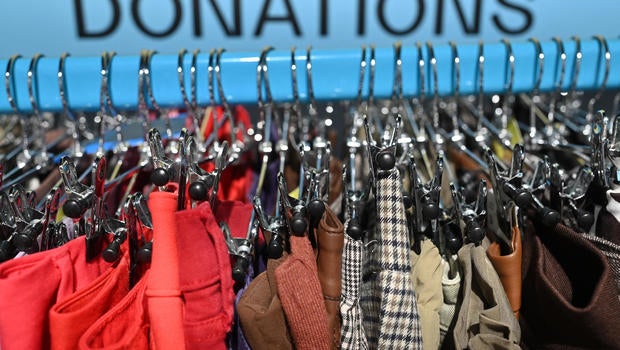The first state to hold fashion and textile companies accountable for their products from beginning to end is California.
In order to address textile waste, California’s Senate Bill 707, often referred to as the Responsible Textile Recovery Act of 2024, seeks to create a statewide producer responsibility scheme.
On September 28, Governor Gavin Newsom signed SB 707. According to the California State Legislature, the focus is on reducing the negative effects on the environment, public health, and hazardous waste.
In February 2023, Senator Josh Newman (D-Fullerton) presented the bill.
It signifies a significant change in how they conduct business. According to Rachel Kibbe, CEO of American Circular Textiles, “They have never in American history been forced to assume responsibility for the end of life of their product.” “I would like to establish a vast network of pop-up shops for repair, thrifting, and resale out of bills like these. It ought to be commonplace that many of the clothes in any store could be resold.
According to the Cal Cycle 2021 report from the California Department of Resources Recycling and Recovery, 1.2 million tons of textiles were disposed of throughout the state.
What is California’s new clothing recycling law?
A bill known as SB 707 will mandate that textile and clothing businesses take in waste materials in order to recycle or prepare them for future use.
According to the California State Legislature, businesses that fail to comply with all of the law’s provisions will be subject to penalties.
What are clothing companies required to do under the new law?
In order to establish collection sites, drop-off locations, and mail-back programs for post-consumer goods, the bill will mandate that textile firms establish and become members of a producer responsibility organization (PRO) by July 1, 2026.
The California Department of Resources Recycling and Recovery must receive the approved PRO’s strategy for collecting, repairing, and recycling textiles and apparel.
Does the law require consumers to recycle their clothes?
Although it encourages it, the law will not mandate that customers recycle their textile items.
According to the bill text, the drop-off facilities and mail-back programs are intended to give customers free options for having their things recycled or repaired for future use.
Price rises shouldn’t have an impact on customers, according to Newsom.
Note: Every piece of content is rigorously reviewed by our team of experienced writers and editors to ensure its accuracy. Our writers use credible sources and adhere to strict fact-checking protocols to verify all claims and data before publication. If an error is identified, we promptly correct it and strive for transparency in all updates, feel free to reach out to us via email. We appreciate your trust and support!
